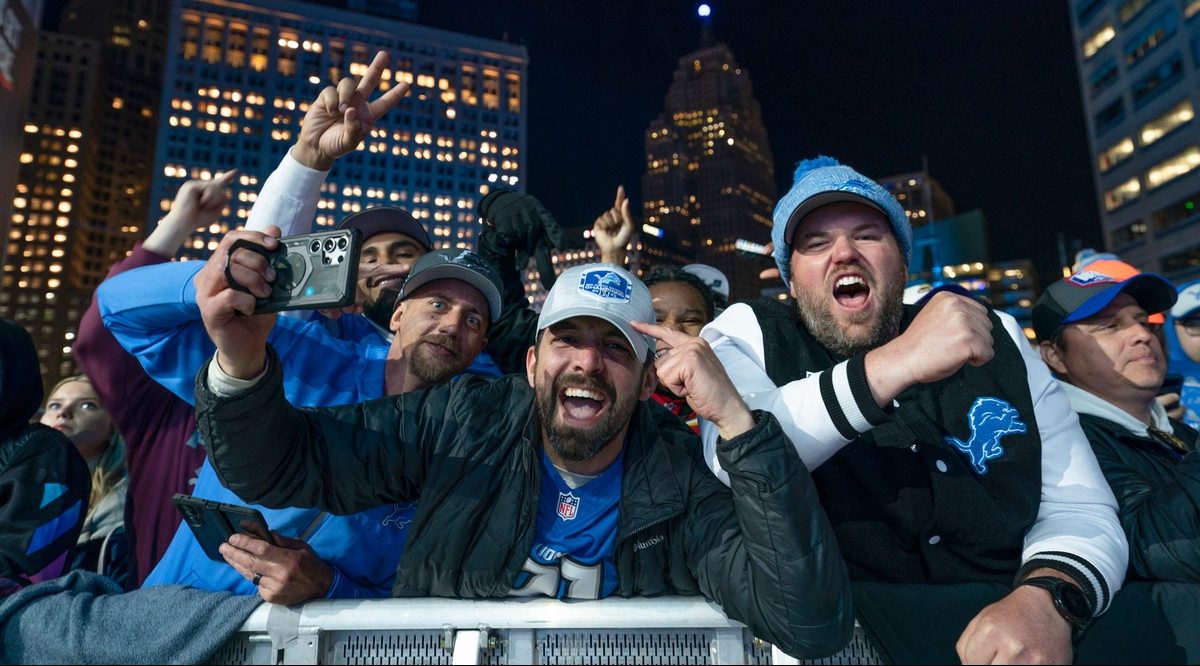Things haven’t exactly gone smoothly leading up to the 2016 Summer Olympic Games in Rio de Janeiro next month, and this story here is no different.
According to The Guardian, the Olympics media village was built on a sacred mass grave of African slaves.
From The Guardian:
As reporters and cameramen start to arrive ahead of the opening ceremony next month, a community of descendants of runaway slaves, known as a quilombo, has said the site of the Barra Media Village 3, close to the Olympic Park, was built on land where their ancestors were buried – and which they consider sacred.
Adilson Batista Almeida, the leader of Camorim Quilombo, accuses developers of riding roughshod over the history of slavery in the area by destroying archaeological remains at the site of an old sugar mill, and depriving the community of a public space for cultural activities that celebrate its Afro-Brazilian heritage.
“One Sunday morning a chainsaw came and devastated everything including century-old trees,” Almeida said. “I regard the ground as sacred because it is where my ancestors were buried.”
The condominium has been open to journalists since July 5. The condominiums will be sold to private buyers when the games have been concluded, according to The Guardian.
The Guardian also reports that the people tried to claim the area, but it never came to fruition:
The people of Camorim, which has been recognised by the federal government as a quilombo, have been trying to acquire the title to land in the area of the old sugar mill for more than a decade – well before the Olympics were announced.
But the process was never finalized. A 2009 report from the National Institute for Colonization and Agrarian Reform (better known by its Portuguese acronym, INCRA) noted: “Quilombo members haven’t yet made a final decision what land to claim, but in principle, they claim the land that is next to the church square, for cultural purposes.”
The Rio de Janeiro city government said it was unaware of any claim. “The Media Village of Rio 2016 is a private enterprise, built on private property and following the urban parameters determined for the site,” a spokesman said.
In 2011, objects that belonged to former slaves were unearthed because of work related to the Olympics. It’s hard to believe that a sacred burial ground went forgotten and built on considering the country’s past. But it’s yet another unfortunate unveiling prior to the Summer Olympic Games.







